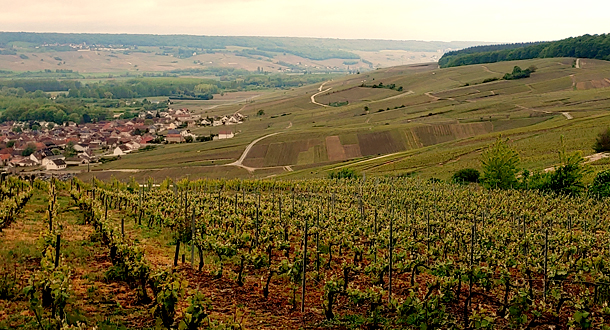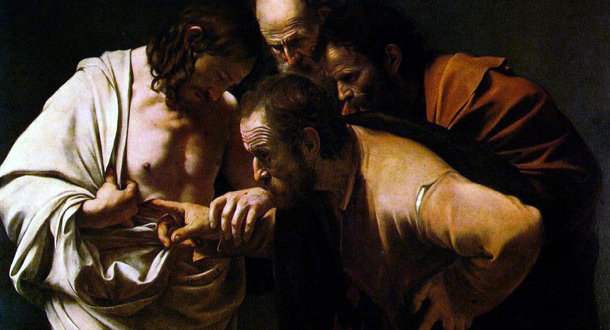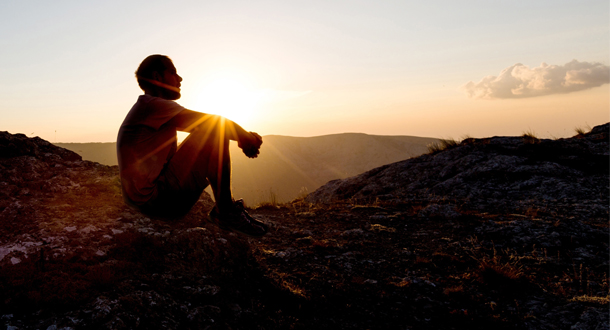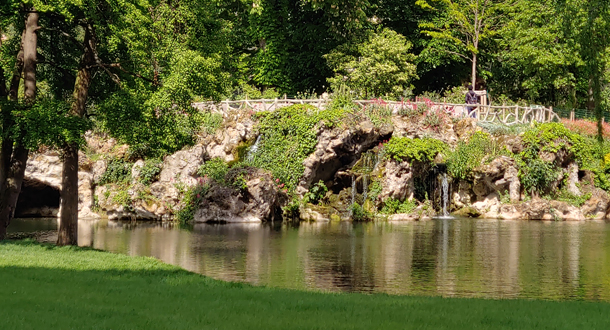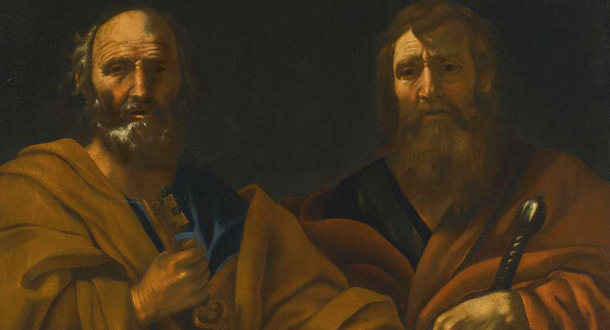Message of the Holy Father
Seeds of Peace and Hope
Dear Brothers and Sisters!
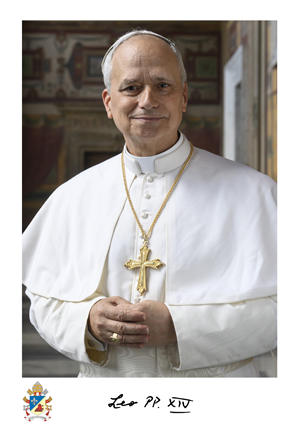 The theme of this World Day of Prayer for the Care of Creation, chosen by our beloved Pope Francis, is “Seeds of Peace and Hope”. On the tenth anniversary of the establishment of this Day of Prayer, which coincided with the publication of the EncyclicalLaudato Si’, we find ourselves celebrating the present Jubilee as“Pilgrims of Hope.”This year’s theme thus appears most timely.
The theme of this World Day of Prayer for the Care of Creation, chosen by our beloved Pope Francis, is “Seeds of Peace and Hope”. On the tenth anniversary of the establishment of this Day of Prayer, which coincided with the publication of the EncyclicalLaudato Si’, we find ourselves celebrating the present Jubilee as“Pilgrims of Hope.”This year’s theme thus appears most timely.
In proclaiming the Kingdom of God, Jesus often used the image of the seed. As the time of his Passion drew near, he applied that image to himself, comparing himself to the grain of wheat that must die in order to bear fruit (cf.Jn12:24). Seeds are buried in the earth, and there, to our wonder, life springs up, even in the most unexpected places, pointing to the promise of new beginnings. We can think, for example, of flowers springing up on our roadsides from seeds that landed up there almost by chance. As those flowers grow, they brighten the gray tarmac and even manage to break through its hard surface.
In Christ, we too are seeds, and indeed, “seeds of peace and hope.” The prophet Isaiah tells us that the Spirit of God can make an arid and parched desert into a garden, a place of rest and serenity. In his words, “a spirit from on high will be poured out on us, and the wilderness will become a fruitful field, and the fruitful field a forest. Then justice will dwell in the wilderness, and righteousness abide in the fruitful field. The work of righteousness will be peace, and the work of righteousness, quietness and trust forever. My people will abide in a peaceful habitation, in secure dwellings, and in quiet resting places” (Is32:15-18).
These words of the prophet will accompany the “Season of Creation,” an ecumenical initiative to be celebrated from 1 September to 4 October 2025. They remind us that, together with prayer, determination and concrete actions are necessary if this “caress of God” is to become visible to our world (cf.Laudato Si’, 84). The prophet contrasts justice and law with the desolation of the desert. His message is extraordinarily timely, given the evidence in various parts of the world that our earth is being ravaged. On all sides, injustice, violations of international law and the rights of peoples, grave inequalities and the greed that fuels them are spawning deforestation, pollution and the loss of biodiversity. Extreme natural phenomena caused by climate changes provoked by human activity are growing in intensity and frequency (cf.Laudato Deum, 5), to say nothing of the medium and long-term effects of the human and ecological devastation being wrought by armed conflicts.
As yet, we seem incapable of recognizing that the destruction of nature does not affect everyone in the same way. When justice and peace are trampled underfoot, those who are most hurt are the poor, the marginalized and the excluded. The suffering of indigenous communities is emblematic in this regard.
That is not all. Nature itself is reduced at times to a bargaining chip, a commodity to be bartered for economic or political gain. As a result, God’s creation turns into a battleground for the control of vital resources. We see this in agricultural areas and forests peppered with landmines, “scorched earth” policies,[1]conflicts over water sources, and the unequal distribution of raw materials, which penalizes the poorer nations and undermines social stability itself.
These various wounds are the effect of sin. This is surely not what God had in mind when he entrusted the earth to the men and women whom he created in his image (cf.Gen1:24-29). The Bible provides no justification for us to exercise “tyranny over creation” (Laudato Si’, 200). On the contrary, “the biblical texts are to be read in their context, with an appropriate hermeneutic, recognizing that they tell us to ‘till and keep’ the garden of the world [cf.Gen2:15]. ‘Tilling’ refers to cultivating, ploughing or working, while ‘keeping’ means caring, protecting, overseeing and preserving. This implies a relationship of mutual responsibility between human beings and nature” (ibid., 67).
Environmental justice – implicitly proclaimed by the prophets – can no longer be regarded as an abstract concept or a distant goal. It is an urgent need that involves much more than simply protecting the environment. For it is a matter of justice – social, economic and human. For believers it is also a duty born of faith, since the universe reflects the face of Jesus Christ, in whom all things were created and redeemed. In a world where the most vulnerable of our brothers and sisters are the first to suffer the devastating effects of climate change, deforestation and pollution, care for creation becomes an expression of our faith and humanity.
Now is the time to follow words with deeds. “Living our vocation to be protectors of God’s handiwork is essential to a life of virtue; it is not an optional or a secondary aspect of our Christian experience” (Laudato Si’, 217). By working with love and perseverance, we can sow many seeds of justice and thus contribute to the growth of peace and the renewal of hope. It may well take years for this plant to bear its first fruits, years that, for their part, involve an entire ecosystem made up of continuity, fidelity, cooperation and love, especially if that love mirrors the Lord’s own self-sacrificing Love.
Among the Church’s initiatives that are like seeds sown in this field, I would mention theBorgo Laudato Si’project that Pope Francis bequeathed to us at Castel Gandolfo. It is a seed that promises to bear fruits of justice and peace, and an educational project in integral ecology that can serve as an example of how people can live, work and build community by applying the principles of the EncyclicalLaudato Si’.
I pray that Almighty God will send us in abundance his “Spirit from on high” (Is32:15), so that these seeds, and others like them, may bring forth an abundant harvest of peace and hope.
The EncyclicalLaudato Si’has now guided the Catholic Church and many people of good will for ten years. May it continue to inspire us and may integral ecology be increasingly accepted as the right path to follow. In this way, seeds of hope will multiply, to be “tilled and kept” by the grace of our great and unfailing Hope, who is the risen Christ. In his name, I offer all of you my blessing.
From the Vatican, 30 June 2025
Memorial of the First Martyrs of Holy Roman Church
LEO PP. XIV
________________
[1] Cf. PONTIFICAL COUNCIL FOR JUSTICE AND PEACE,Land and Food, Libreria Editrice Vaticana, 2015, 51-53.

